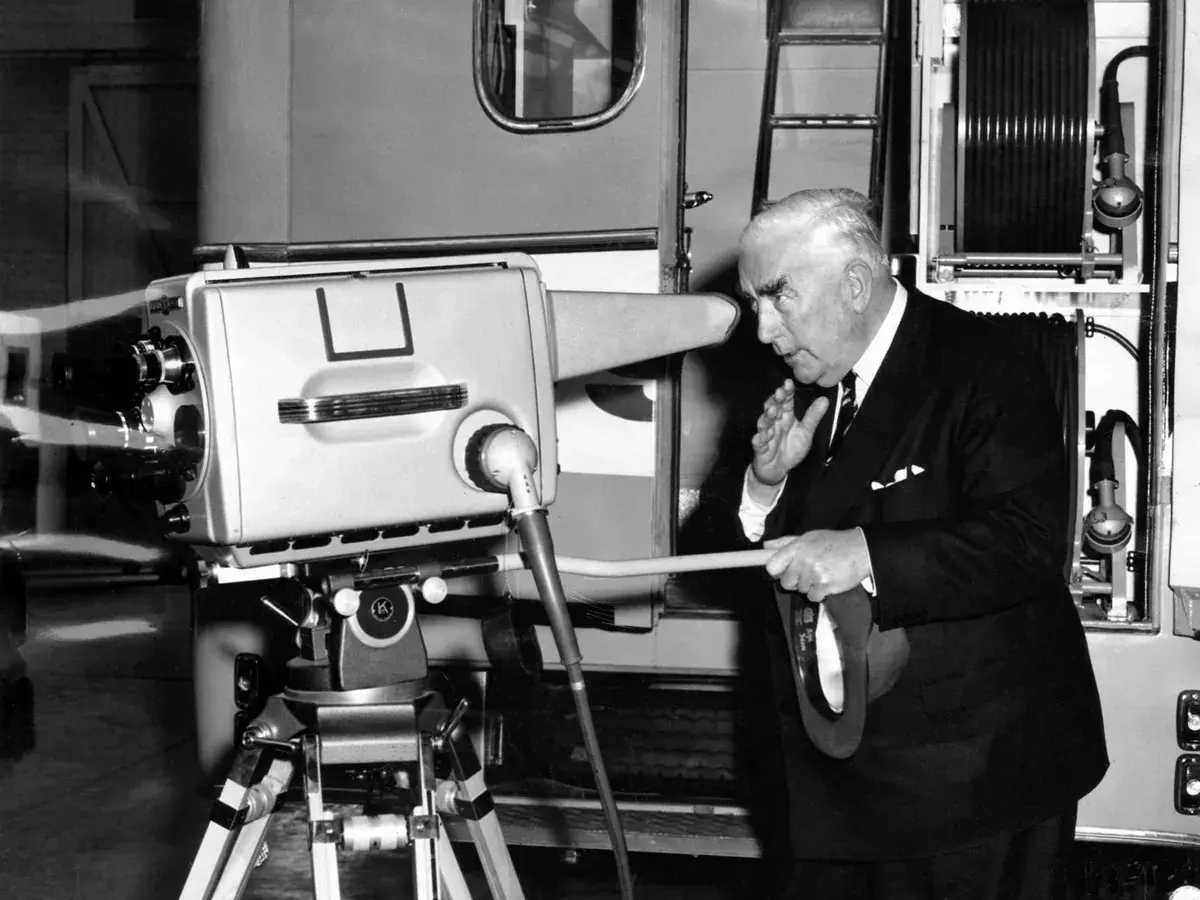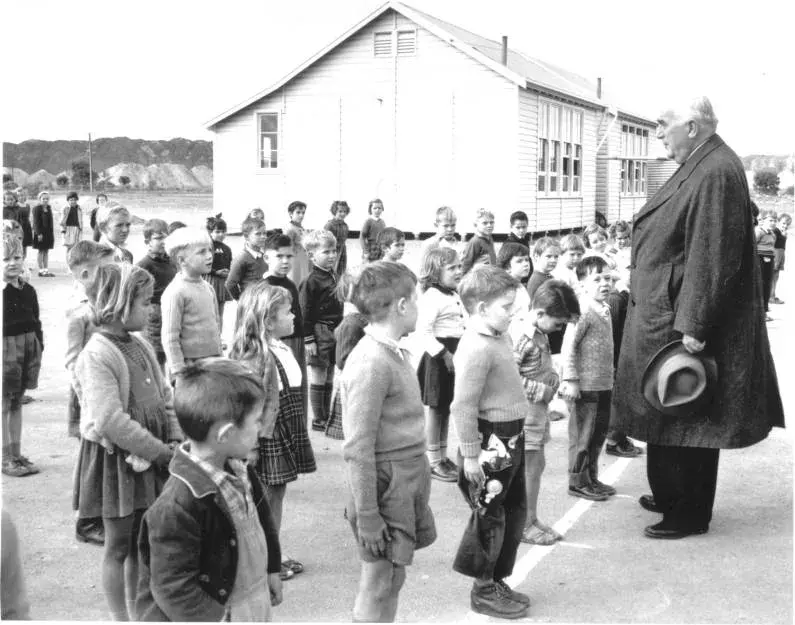ROBERT MENZIES
Member of the Privy Council (1937), Order of the Companion of Honour (1951), Order of the Thistle Knight (1963), Knight of the Order of Australia (1976)
Robert Menzies succeeded Earle Page to become Australia's 12th prime minister when the United Australia Party elected a new leader following Joseph Lyons' death in 1939. Menzies returned to serve a second term in 1949 when the Liberal Country Coalition replaced the Labor government led by Ben Chifley.
20 December 1894
Jeparit, Victoria
15 May 1978
Jeparit, Victoria
Pattie Menzies
Liberal
Photo: Max Dupain/NLA-137011002
About
Robert Menzies is Australia's longest serving prime minister, holding a record which is unlikely ever to be beaten. Menzies learnt from his difficult first term as prime minister to go on to achieve a sustained and strong hold on the leadership of his party, and the nation, for sixteen years. Menzies began his political career grappling with the consequences of depression and war, and ended it managing the challenges of rapid post-war prosperity and growth.

Photo: Vern Thompson/Newspix
With a successful legal practice, and background in constitutional law, Menzies entered the Victorian Parliament in 1928. Transferring to Federal politics in 1934, Menzies won the seat of Kooyong for the United Australia Party (UAP).
The death of Joseph Lyons in 1939 precipitated Menzies’ elevation to leader of the UAP and prime minister. Yet, against the backdrop of war, Menzies failed to retain parliamentary support and resigned in 1941. Menzies held on to the seat of Kooyong in 1943, even as Labor toppled the UAP.
He continued to hold his seat until the Liberal Party won government in 1949 and a staggering sixteen years as prime minister followed. This term was characterised by economic growth, social change and political turmoil.
The Cold War, attempts to ban the Communist Party and the Petrov affair all occurred on Menzies’ watch. He oversaw Australia’s alliance with the United States and expanded relations with Asia, signing the South East Asia Collective Defence Treaty (SEATO) in 1954.
The Menzies government announced Australia’s entry in the Korean War and endured the backlash of entering the Vietnam War. On Australia Day 1966, Menzies retired as Prime Minister; he had instigated and adapted to more change than any predecessor.
MILESTONES
360° VIEW
Parliament
When Robert Menzies was elected leader of the UAP, he inherited not only the prime ministership, but also leadership of a coalition. So, when Country Party leader Earle Page refused to work with him, the UAP was forced to act as a minority government until 1941.
After being re-elected to government in 1949, Menzies was forced to seek a double dissolution election for April 1951, when the Labor controlled Senate refused to pass an act to repeal the nationalisation of the banking system. The Liberal Country Coalition was returned with a reduced majority in the lower house, alleviated by control of the Senate.
The 1954 election became the Petrov poll, which Menzies narrowly won. He improved his position winning a snap election comfortably in 1955 against a divided Labor Party, and winning the first televised election in 1958. Following a recession and a very unpopular budget, the Coalition suffered heavy losses in 1961, retaining a majority by only one seat. In 1963, the Coalition regained these losses in the House of Representatives.
Menzies’ first term as prime minister had seen the passing of legislation such as the National Security Acts of 1939 and 1940, aimed at seeing Australia through the war. The early 1950s saw a continued focus on security and defence but, by the second half of the decade, Menzies presided over cultural, economic and social legislation including broadcasting legislation, various banking acts, uniform divorce laws and electoral reforms. Menzies was a parliamentary performer without peer; the Melbourne Herald journalist E.H. Cox described him as being ‘uniformly suave in the House of Representatives.’
He used language with eloquence and precision to convey an argument, but equally in service of a withering comeback against an opponent. Menzies record-breaking term in government ended with his retirement on Australia Day 1966, one of few Australian prime ministers to leave office on their own terms.

Photo: NLA MS4936, Box 342, Folder 7

